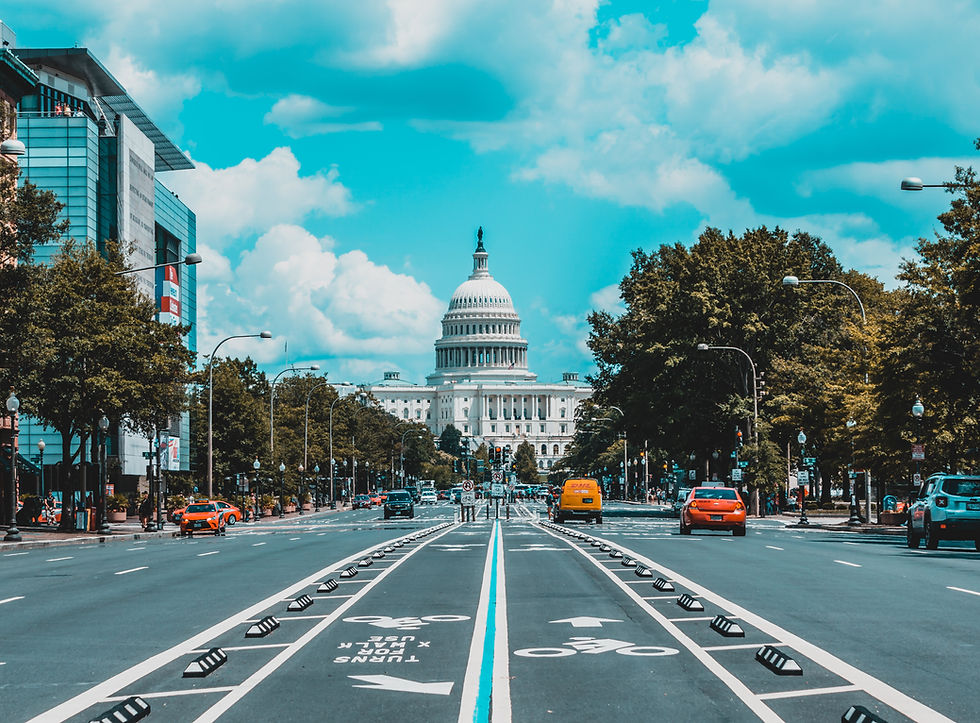Rediscovering Americans: Joseph Story
- spostell
- Nov 16, 2021
- 2 min read
By Samuel Postell, Director of the Center for Liberty and Learning

Joseph Story was born on September 18, 1779. His father was a participant in the Boston Tea Party. In his youth, Story mimicked the rebelliousness of his father. He was reserved and refused to play games with other children in which he would be forced to subordinate himself to his classmates. He was eventually thrown out of grammar school after a disagreement with a classmate and an incident with his school-master. Story seemed to play out Alexis de Tocqueville’s observation that Americans have “a restive regard for authority.” These events of Story’s early life perhaps signal his future career: he was destined to become an advocate for liberty and make a career out of argumentation.
Despite being released from school at an early age, Story directed his own education and was eventually accepted by Harvard in 1795. After graduating from Harvard he returned to Marblehead to read law in the office of Samuel Sewell, who became a justice of the Massachusetts Supreme Court in 1800. After his mentor became a justice of the Massachusetts Supreme Court, Story continued to study law under Samuel Putnam and was admitted to the state bar in 1801.
Story worked at his own law practice for four years and was eventually elected to the Massachusetts State Legislature in 1805. He was then elected to the US Congress in 1808. In 1810 he returned to the Massachusetts State Legislature and was elected Speaker of the House. In 1811 James Madison appointed Story to the Supreme Court of the United States. He took his official oath of office on February 2, 1812.
The flashes of rebellion against authority in his early years shined bright during his tenure on the Supreme Court. Andrew Jackson went on to call Story “The most dangerous man in America.” Some of Story’s landmark majority opinions are as follows:
Martin v. Hunter’s Lessee (1816) which established the appellate authority of the Supreme Court
Prigg v. Pennsylvania (1842) wherein he established that the fugitive slave act of 1793 precluded state statutes regarding the return of runaway slaves.
Swift v. Tyson (1842) wherein Story aided in establishing a federal common law specifically for commercial cases.
United States v. The Amistad (1841) wherein Story argued that the slaves on a Spanish ship being carried from Cuba were entitled to freedom with full rights.
The common thread through Justice Story’s career was his dedication to human liberty. His dedication to the cause of human liberty led him to espouse a reading of the Constitution that combatted the institution of slavery. Story believed that the natural rights of the Declaration were reserved to all men everywhere, and he believed that the Constitution secured those rights to all, regardless of the color of one’s skin. Story once famously asked:
[O]ur constitutions of government have declared that all men are born free and equal, and have certain inalienable rights, among which are the right of enjoying their lives, liberties, and property, and of seeking and obtaining their own safety and happiness. May not the miserable African ask, "Am I not a man and a brother?"









Comments